Nothing to hide nor fear

The massive protest rallies in September said it all: people are clamoring for accountability for the substandard and ghost flood control projects that had submerged entire provinces in murky waters after several typhoons. Enough! People raged, demanding an end to the corruption abetted by complicit officials and greedy contractors.
That such unconscionable misuse of public funds was shielded from public scrutiny for so long—no thanks to opaque budget deliberations and congressional insertions—has now pushed enraged citizens to demand more transparency in government affairs.
This includes the ongoing investigation by the Independent Commission for Infrastructure (ICI), which was created to investigate anomalies in multibillion-peso public works projects.
Unlike the Senate and House hearings on corruption, the ICI deliberations will not be live streamed, maintained its executive director Brian Hosaka. “The ICI is avoiding trial by publicity and will not allow itself to be used for any political leverage or agenda by any individual or group,” he explained.
The commission’s initial hearings, Hosaka added, “are for purposes of case buildup for criminal, civil, and administrative action” from the appropriate government agency. The ICI has so far submitted its first interim report to the Office of the Ombudsman, recommending the possible filing of graft, malversation, and falsification charges against former Ako Bicol party list Rep. Zaldy Co and several public works officials over a failed dike project in Naujan, Oriental Mindoro.
Huge conspiracy
But while the congressional hearings have indeed been used by unscrupulous politicians for grandstanding to advance and protect their personal interests, the ICI’s stance has been slammed by some quarters who believe that transparency would help build trust in the newly formed body. “How else would we know if the details gathered during the initial congressional hearings match those gathered by the ICI? How would Filipinos be assured that this won’t be a cover-up and that its investigation would not protect anyone?” Mamamayang Liberal party-list Rep. Leila de Lima asked.
“Now that Filipinos are aware of a huge conspiracy and corruption in flood control and other government projects, we should not deprive them of the chance to understand details and join the discussions,” she pointed out.
Added Akbayan party list Rep. Percival Cendaña: “There’s no real accountability without transparency. Let the people in. It is the right of the people whose funds worth billions have been stolen to watch the proceedings of the ICI,” he said. As for the risk of “trial by publicity,” People’s Budget Coalition co-convener Ken Abante suggested that “well-organized hearings with clear questions [could] prevent witch hunts or politicking by rival camps.”
Heavy cloud of doubt
With the anticorruption hearings stirring up widespread public interest, a more accessible ICI probe would also allow people to focus not just on the accused but on the investigators as well, De Lima said.
The ICI is headed by retired Supreme Court Justice Andres Reyes Jr., an appointee of former President Rodrigo Duterte, under whose term most of the dubious contracts were signed. Similarly laboring under a heavy cloud of doubt, ICI special adviser Benjamin Magalong recently resigned over a possible conflict of interest in his dual role in the ICI and as concurrent mayor of Baguio City, where a tennis court project was found to have been awarded to a Discaya-owned firm. The Discayas are among the contractors being probed for their alleged involvement in defective government projects.
Making ICI proceedings accessible to the public could de-escalate matters as well, said Sen. Kiko Pangilinan. “Do not test the people’s desire to know the truth, lest ICI members wake up to find protest rallies in front of their homes,” he warned.
Piecemeal revelations
The ICI is unfazed by the misgivings, it seems. Its investigation is a “process” that cannot be defined by piecemeal revelations, Hosaka said, adding: “We want the people to trust the system and (know that) in the independent commission, we will be doing our jobs fairly, objectively, and independently.”
While livestreaming may be out of the question at the moment, Hosaka said the ICI will look for a solution that would “both balance the request for more transparency and the protection of individual rights.” Surely, the ICI can consider giving regular media briefings or allowing a pooled coverage of its hearings.
While the public should give the ICI the benefit of the doubt and “trust” its proceedings, transparency will help make their investigations more credible.
Amid rumors spread by malcontents that corruption has undermined government and made it unstable, the ICI must show itself fully equipped for the job and confident enough of its integrity to allow full access to and disclosure of its findings. Only then can it prove that the administration that created it has nothing to hide and nothing to fear.




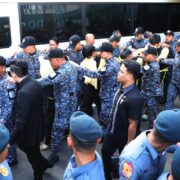
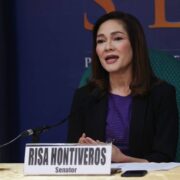
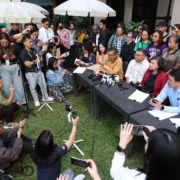


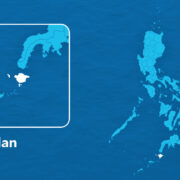




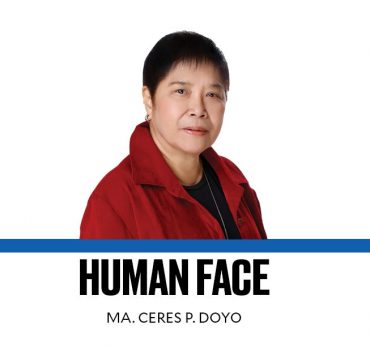


Institutionalizing transparency, accountability